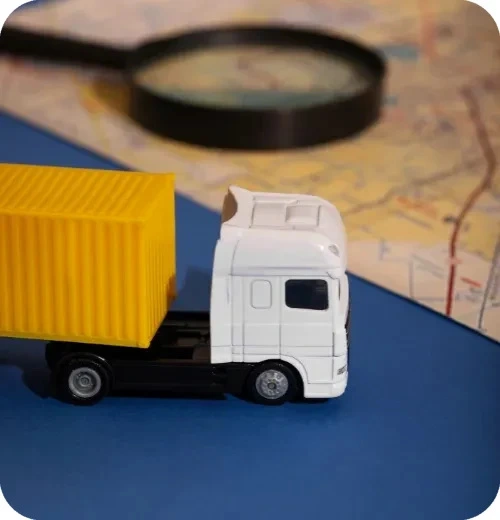- Home
- Get Quote
-
Services
- Car Transport Service
- Motorcycle Transport Service
- ATV/UTV Transport Service
- Golf Cart Transport Service
- Boat Transport Services
- Construction Equipment Services
- Commercial Truck Transport
- Excavator Transport Services
- Farm Transport Services
- Heavy Equipment Services
- RV Transport Services
- Dry Van Transport
- Hazmat Transport
- Reefer Transport
- Roro Shipping International
Vehicle Transportation
Heavy Equipment
Freight Transportation
RORO
- Auto Auction
- Blog
- Contact
- Track Order
We take a bottom-line approach to each project. Our clients consistently, enhanced brand loyalty and new leads thanks to our work.









